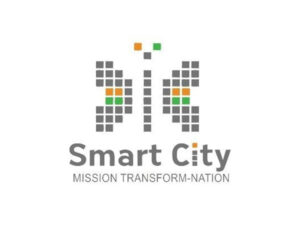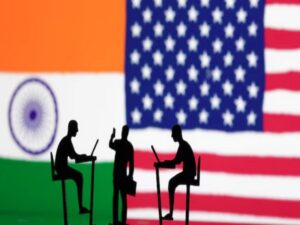Income tax relief for those in lowest slab may need to be considered in Budget: CII
New Delhi, Jun 16 (PTI) Income tax relief for the people in the lowest slab may need to be considered in the upcoming full Budget for 2024-25 considering the high levels of inflation, according to newly-elected CII President Sanjiv Puri.
In an interview with PTI, he also suggested creation of an institutional platform for consensus building between the Centre and states to successfully carry out all reforms, including those related to land, labour, power and agriculture.
The industry body also said it does not see compulsions of coalition politics hampering the reforms in the third term of Prime Minister Narendra Modi. In stead, it believes that the performance of Indian economy and the success of policies in the previous two stints would set the base to accelerate the process.
“Broadly, I would say at this point of time it is public capex, adherence to fiscal glidepath, roadmap for investment in the social infrastructure, green fund and greater investment in the rural sector. These are the broad principles,” he said, when asked about CII’s expectations from the upcoming full Budget for 2024-25.
The wholesale inflation rose for the third consecutive month in May at 2.61 per cent on account of rise in prices of food articles, especially vegetables, and manufactured items.
The wholesale price index (WPI) based inflation was 1.26 per cent in the previous month. It was (-) 3.61 per cent in May 2023.
Earlier this month, RBI Governor Shaktikanta Das said the Reserve Bank of India (RBI) may consider “further policy actions” only if it is confident of headline inflation staying put at 4 per cent.
Das said it is the central bank’s core objective to align the inflation rate with the 4 per cent target, and added that no action on rates will be possible till the RBI is confident of it remaining at or below 4 per cent.
As per CII’s estimate, Puri said inflation is “probably going to be around 4.5 per cent this year” on the back of an expected good monsoon, which has in the past led to moderation of food inflation.
On the tax side, he added, “What we are suggesting is that the process of simplification should continue. There are certain suggestions relating to capital gains, which are different for different instruments. Can it be rationalised?”
Puri further said there are some operational difficulties in TDS (tax deducted at source) and multiplicity of rates and CII would prefer simplification of these.
“…over a period of time as far as customs is concerned, we should move to a three-tier structure, primary at the lowest level, intermediates in between and then the finished goods and all over a period of time should be moderate rates with some exclusions, as deemed appropriate,” he added.
Under the old regime, Income tax exemption limit is applicable on income up to Rs 2.5 lakh for individuals whereas under the new regime, the exemption limit is on income up to Rs 3 lakh.
The CII president also expressed optimism that the reform process should strengthen going forward.
Puri said he was hopeful that food prices may moderate on the back of a good monsoon going forward, sharing that CII estimates inflation to be around 4.5 per cent in the near future, and expects the Reserve Bank to cut the key interest rate somewhere in the second half of the current financial year starting from October.
“We think that in the second half of the year, we should see some easing of interest rates,” the CII president said.






